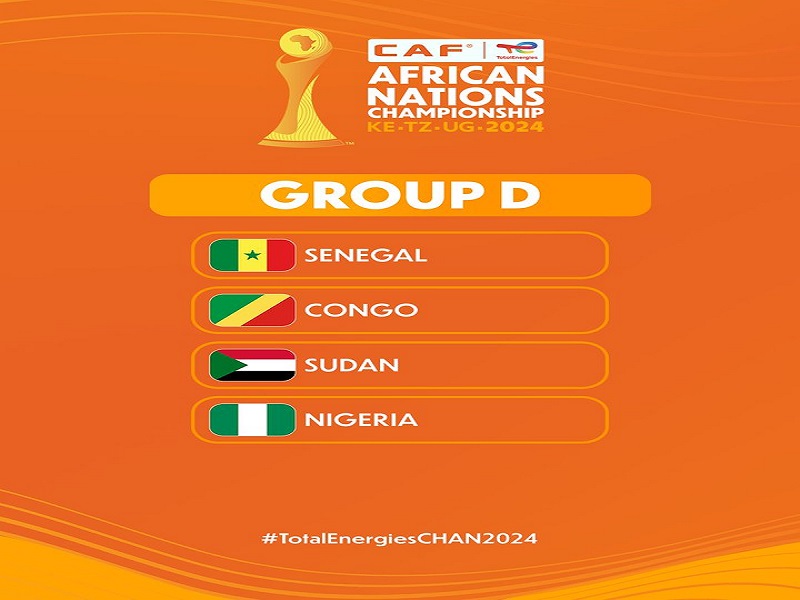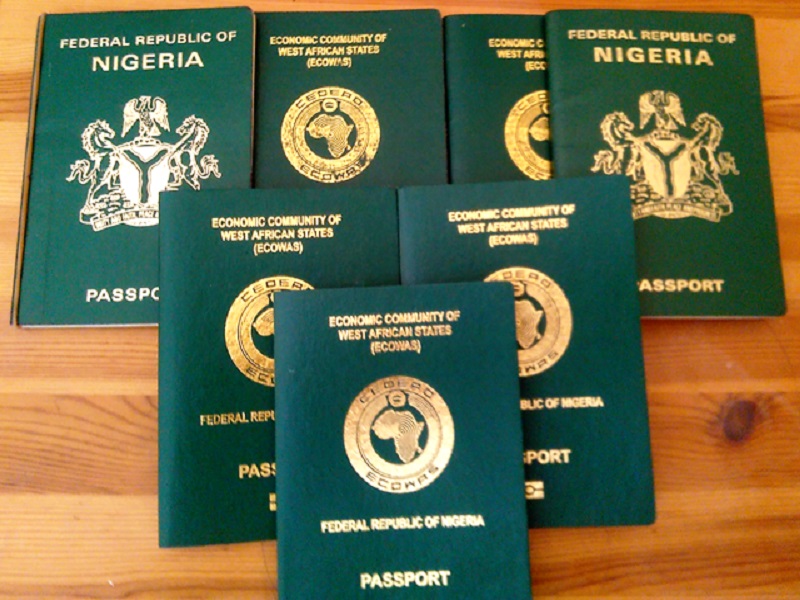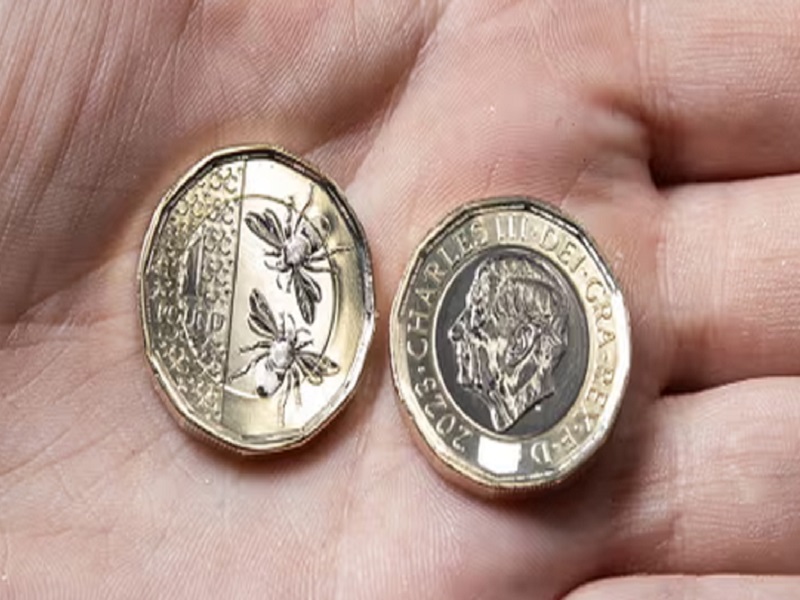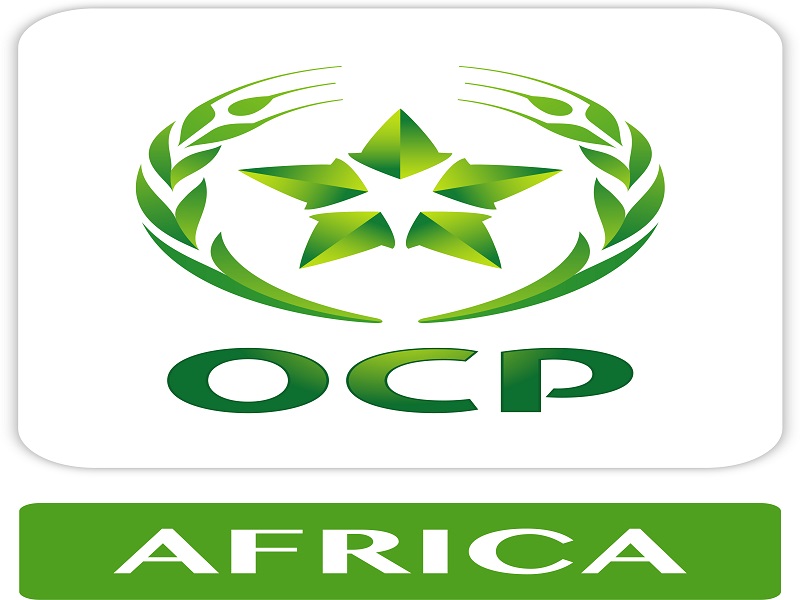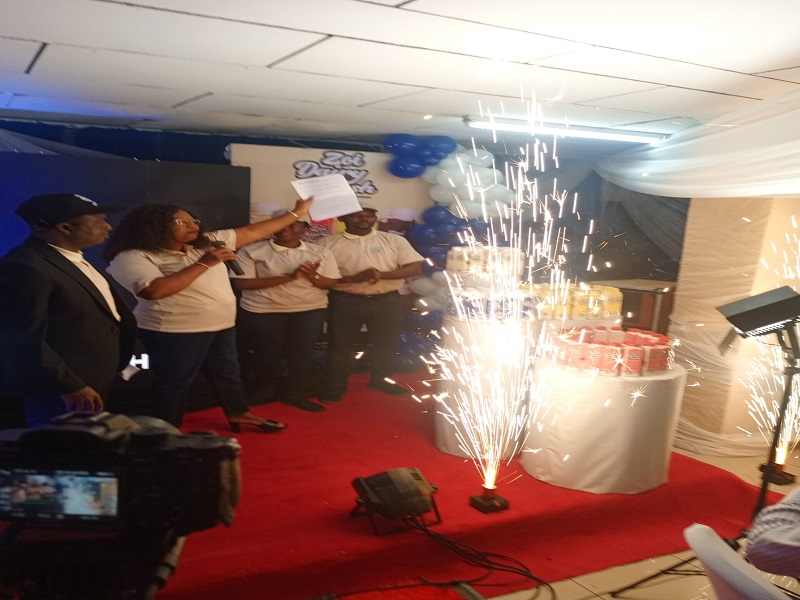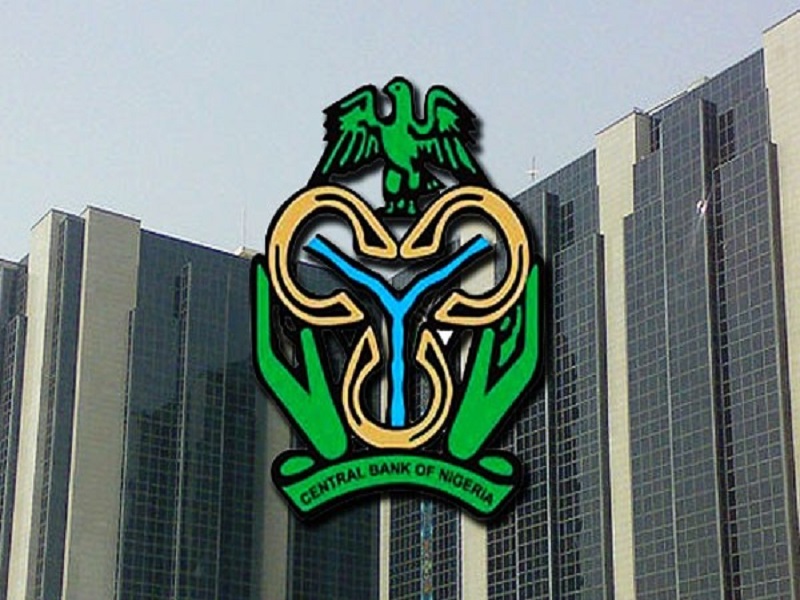The Lagos state government will formally launch its new electricity sector policy designed to steer investors into its independent power market on December 8, a government representative has said.
Titilola Amodu, geologist at the Lagos state Ministry of Energy in a presentation at the Nordic-Nigerian Connect conference held recently, said the policy will deepen the adoption of green energy in the state.
“Energy supply is currently the single biggest infrastructure and development challenge in the state, and this policy will deal with that,” he said.
Under the policy, the state government will establish an autonomous regulatory agency that will license participants to undertake market monitoring and ensure that prices charged by market participants are cost-reflective and fair to end-users.
The state is considering an Integrated Resource Plan (IRP), developed along with United States Agency for International Development (USAID), Power Africa Nigeria Power Sector Programme that will generate, transmit, and distribute power from both gas and renewable energy. This is expected to significantly contribute to the reduction of carbon emissions and raise the living conditions of Lagosians.
The policy will ensure that future electricity solutions are not only available but environmentally friendly with alternative power backup solutions.
Amodu said that the dream of making Lagos a 21st century economy is impossible without reliable access to electricity, something the current public supply does not guarantee.
According to Amodu, Lagos has powered 172 secondary schools since 2015 and 31 Primary health centers using solar energy. The state government has drawn a renewable energy road map for the state, and is currently using rice husks to generate electricity for the Rice Mill at Imota.
Despite the progress, Amodu said that there is a huge challenge in terms of access to and production of green energy such as inadequate finance which leads to high initial costs for SMEs.
There is also limited technical expertise and prevalence of inferior quality renewable energy products especially solar PV panels and batteries.
Amodu said the government is not just looking at solar energy but also at waste to energy which requires huge finance
“We need more investors in the area of waste to energy and renewable energy, a lot of local and international investors have shown up, however it all ended on documents, but we need more commitment from them and more practical work,” she said.
Daniel Adedokun, head of geocycle at Lafarge said turning waste into green energy provides a viable investment opportunity but there must be a proper waste management system..
However, he said for this to happen, Lagos state citizens would need to dispose of waste properly and pay appropriate fees to enhance proper waste collection and management, as the fees currently collected are not enough.
Furthermore, to be able to make Lagos a smart city, he said a lot has to be addressed such as the indiscriminate burning, inappropriate dumping of wastes and also flooding that comes as a result of blocked drainage.
Daniel said that proper waste management will create more jobs, would add to the country’s GDP, protect the climate, enhance agriculture and food security. But this would have to be done in concert with the private sector.
















